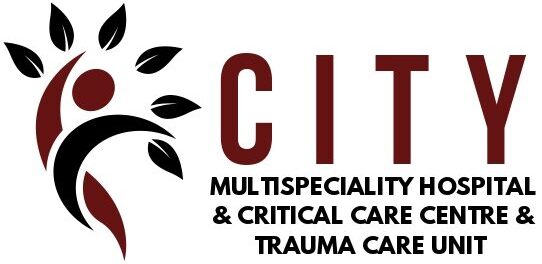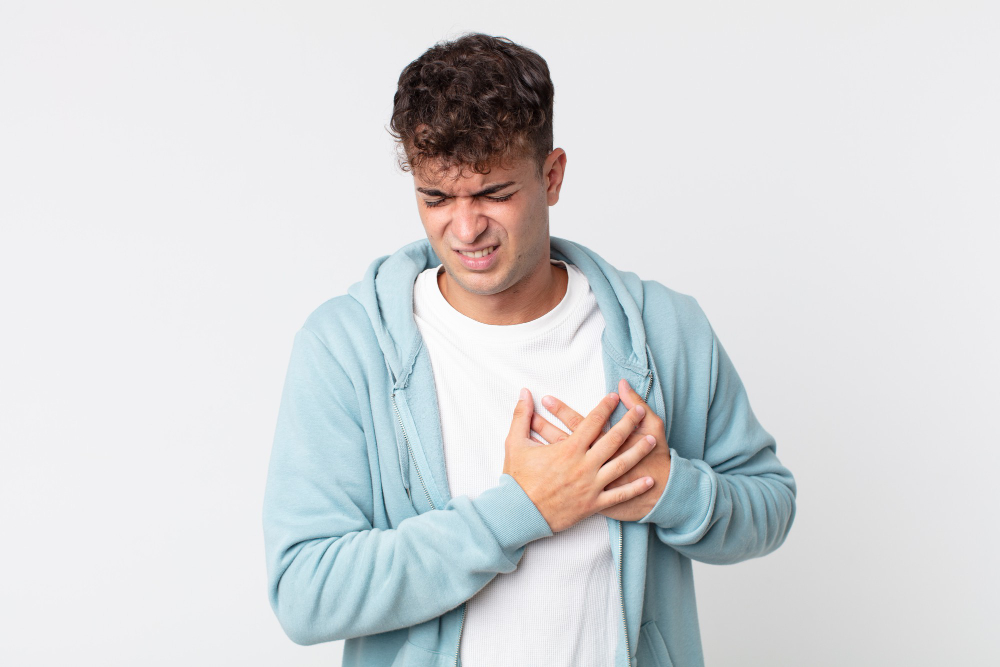What is a Heart Attack?
A heart attack happens when blood flow to part of the heart muscle gets blocked. Because the heart needs oxygen-rich blood, this blockage can cause damage. The medical term for a heart attack is myocardial infarction. According to the CDC, heart attacks are a leading cause of death worldwide. Early treatment can save lives. Therefore, knowing the signs of a heart attack is very important.
Common Symptoms of a Heart Attack
Heart attack symptoms can be different for each person. However, some signs are more common. Recognizing these symptoms early can help you get quick treatment. Here are the main symptoms to watch for:
Sometimes, symptoms are mild or come and go. But even mild signs can mean a heart attack. Women, older adults, and people with diabetes may have less typical symptoms. For example, they might feel tired or have stomach pain instead of chest pain.
Causes and Risk Factors
Most heart attacks happen because of a blocked artery. This blockage is usually caused by a buildup of fat, cholesterol, and other substances. Over time, these form a plaque. If the plaque breaks, a blood clot can form and block blood flow. Several risk factors increase your chance of a heart attack. These include:
Although you cannot change some risk factors, like age or family history, you can control many others. Making healthy choices can lower your risk.
How is a Heart Attack Diagnosed?
Doctors use several tests to diagnose a heart attack. First, they ask about your symptoms and medical history. Next, they perform a physical exam. Common tests include:
Because early diagnosis is key, doctors act quickly if they suspect a heart attack. Fast action can limit heart damage and improve recovery.
Treatment Options for Heart Attack
Immediate treatment is vital during a heart attack. The goal is to restore blood flow to the heart muscle. Treatment options include:
After treatment, you may need medicines to lower blood pressure, reduce cholesterol, or prevent clots. Cardiac rehab and lifestyle changes also help recovery.
Prevention Tips and Lifestyle Guidance
Preventing heart attacks is possible with healthy habits. Even small changes can make a big difference. Here are some tips to lower your risk:
Because prevention is better than cure, start making healthy choices today. Your heart will thank you.
When to Seek Emergency Help
If you think you or someone else is having a heart attack, act fast. Call emergency services right away. Do not wait to see if symptoms go away. Quick treatment can save a life. Watch for these warning signs:
Even if you are unsure, it is safer to get checked by a doctor. Early help can prevent serious damage.
Consult a heart specialist for personalized advice and immediate care if you suspect a heart attack.

